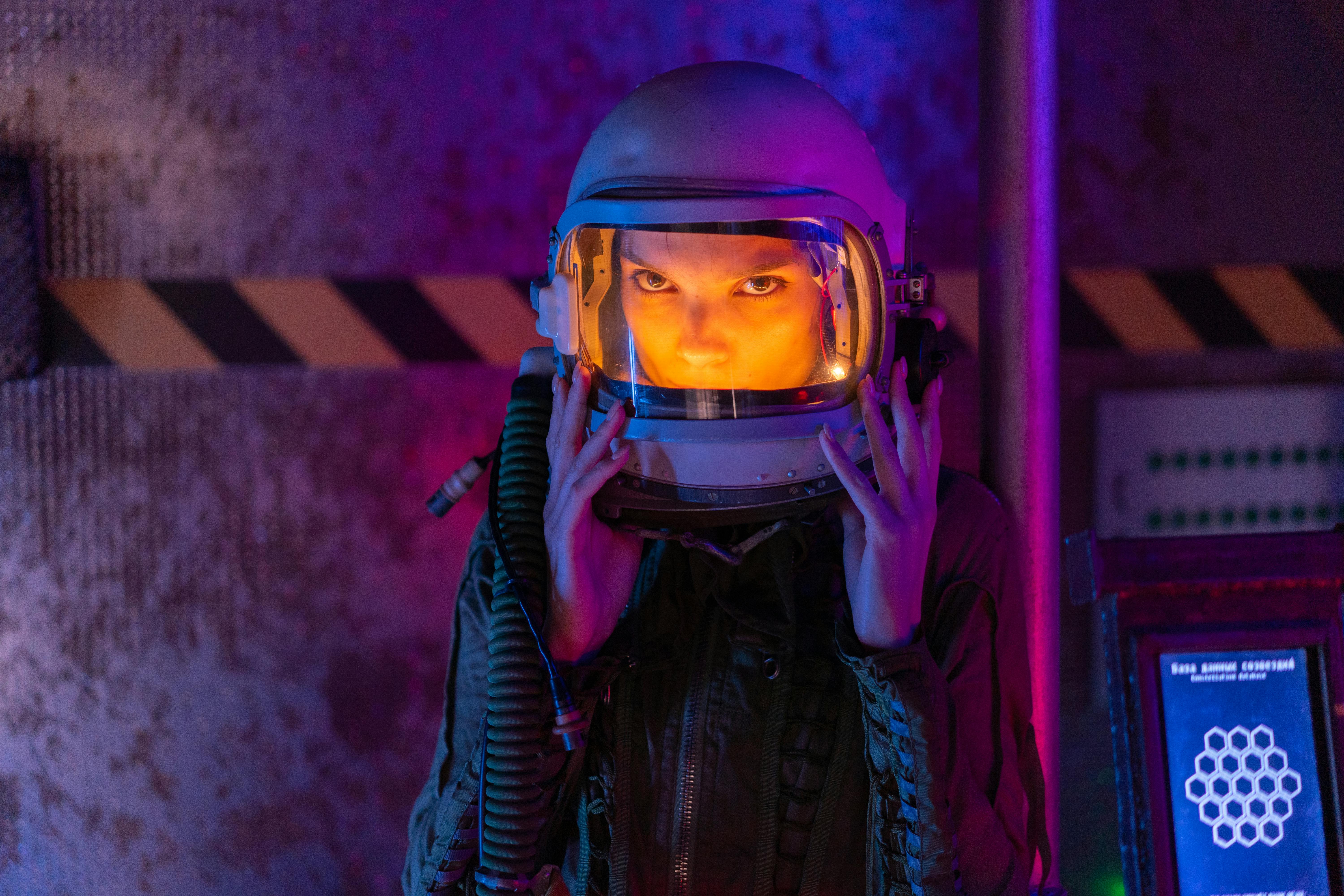
Introduction
The space race has reached a poignant chapter for India, resonating deeply with pride and ambition. Recently, Group Captain Shubhanshu Shukla, a test pilot of the Indian Air Force, achieved the remarkable feat of becoming India’s first astronaut to berth at the International Space Station (ISS). His journey aboard the SpaceX Dragon spacecraft during Axiom Mission 4 marks a significant milestone for India’s evolving space ambitions. This mission is not just about the journey of one individual; it signifies a leap forward for a nation eager to explore the cosmos, sending its own citizens into space and paving the way toward further cosmic endeavors.
Shubhanshu Shukla | From Gandhinagar to the Stars
Born in Gujarat, Shubhanshu Shukla’s rise illustrates personal resilience and the growing confidence in India’s space industry. As an IAF test pilot, he has dedicated years to mastering aviation technology and its limits. However, the mission to the ISS has marked a new peak in his career—one that transcends the traditional boundaries of aerospace exploration.
The mission launched from Cape Canaveral aboard SpaceX’s Falcon 9 rocket, part of a commercial collaboration between Axiom Space and NASA. Shukla’s role as the first Indian on this sophisticated space laboratory underscores the monumental significance of this journey for India.
Axiom Mission 4 and the Technology Behind It
During his mission, Shukla rode in a Dragon capsule named ‘Grace’, benefiting from cutting-edge 21st-century space engineering. The Falcon 9 rocket, lauded for its reusable boosters, successfully sent the crew into orbit with remarkable precision, a testament to SpaceX’s efficiency and innovation.
The Dragon capsule is equipped with advanced technology, including autonomous docking systems, life support infrastructure, and touch screen controls. This state-of-the-art spacecraft allowed Shukla to gain invaluable experience that will contribute to India’s future manned missions, including insights into operational systems that will support homegrown endeavors.
Research in Space | India’s Scientific Contributions to the ISS
Upon docking with the ISS, Shukla assumed the role of not just an astronaut but also a researcher. Collaborating with teams from NASA and ISRO (Indian Space Research Organisation), he conducted vital microgravity experiments that could fundamentally alter our understanding of space science and life beyond Earth.
Among the significant research initiatives was testing the effects of microgravity on food microorganisms, which is crucial for long-term space missions. Additionally, analyzing astronaut interaction with electronic screens in zero-gravity environments is crucial for future crewed spacecraft.
This isn’t merely academic inquiry; the findings from these experiments will feed directly into India’s Gaganyaan Human Spaceflight programme, equipping Indian scientists with data and insights that are unattainable back on Earth.
The Gaganyaan Connection | India’s Indigenous Space Dream
The Gaganyaan mission aims to send Indian astronauts into Earth’s orbit aboard an indigenous human-rated LVM3 rocket. Though delays have set back the scheduling due to the pandemic and technical assessments, Shukla’s mission provides experience that is mightier than simulation alone.
Insights from Shukla’s Time at the ISS:
- Astronaut training and mental preparation.
- Demonstration of life support systems in space.
- Troubleshooting and system diagnostics in flight.
ISRO is actively testing environmental control and life support systems (ECLSS) for Gaganyaan, along with establishing waste recycling, food management, and thermal regulation strategies. The knowledge gained from Shukla’s firsthand experience will be instrumental in shaping and refining these technologies.
India’s Future in Space: From Lunar Landings to Space Stations
India’s ambitions do not halt at Earth’s orbit. Following the commendable achievements of Chandrayaan-3 and Aditya-L1, the roadmap ahead is indeed ambitious:
- Chandrayaan-4, targeting India’s first Lunar Sample Return Mission.
- The conceptualization of an Indian Space Station, projected for deployment by 2030.
- AI-driven robotic technologies, alongside advancements in autonomous docking systems.
- This mission signifies a foundational step towards achieving these grand dreams.
The Rise of India’s Private Space Sector
While ISRO leads India’s space endeavors, the burgeoning private sector has become a formidable ally. The ISS mission exemplifies the potential of public-private partnerships in shaping the future of space exploration.
- Skyroot Aerospace is testing reusable rockets.
- Agnikul Cosmos is pioneering mobile launch pads and advanced 3D-printed engines.
- Pixxel focuses on hyperspectral imaging for various applications, from agriculture to resource discovery.
Supported by the Indian National Space Promotion and Authorization Center, these startups are set to play vital roles in both domestic and international missions going forward.
Conclusion | A Nation Takes Flight
What began as a scheduled launch from the Florida coast has resonated back through the heart of India. Group Captain Shubhanshu Shukla’s mission represents not just individual achievement; it is a clear indication of national progress.
His presence aboard the ISS solidifies India’s reputation, transforming it from a mere participant into a key player in the global space arena. The data, insights, and collaborative experiences gained during this mission mark the beginning of a new era—one where Indian astronauts, startups, and scientists join hands to redefine the landscape of space exploration.
The countdown has concluded, and the mission continues. India’s journey among the stars is merely at the genesis of an exciting chapter in its storied pursuit of cosmic exploration.
